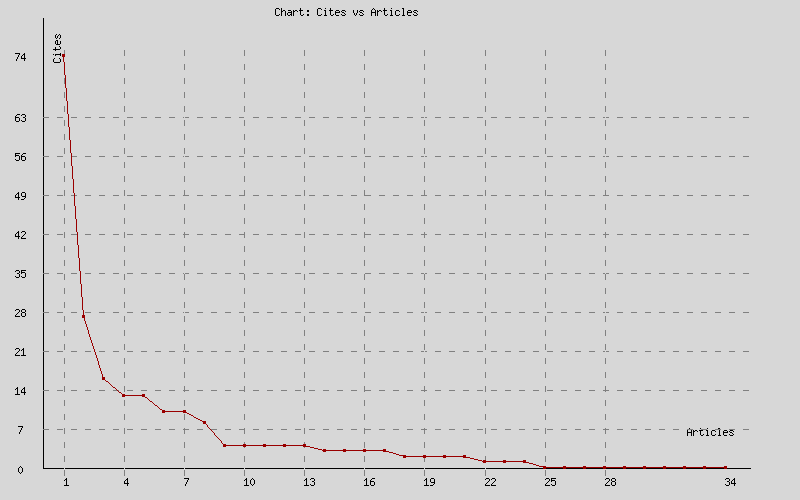Never too late for a happy new year…
I was pretending to be on vacation (while, in fact, working on some interesting proposal), but now I’m officially back in business.
I wanted my first 2009 post to be on “looking back on 2008”, but I had to face reality and realize that writing that summary might be too hard and definitely too time-consuming.
Nevertheless, I still wanted to summarize my scientific outcome somehow, and then I came across a great website, called QuadSearch. It ranks your publications based on citation counts, calculates statistics and research impact indexes, such as the H-index and G-index. The coverage is not perfect, but is pretty decent, as far as I can tell.
And the numbers are…
H-INDEX (Hirsch Number): 8
Egghe’s G-INDEX: 13
Maximum Cites: 74
Total Cites: 214, Total Articles: 34
Cites/Paper: 6.2941

The top 5 papers from this chart are:
- Formal models for expert finding in enterprise corpora; SIGIR 2006 (Cited by 74)
- Finding experts and their details in e-mail corpora; WWW 2006 (Cited by 27)
- Language Modeling Approaches for Enterprise Tasks; TREC 2005 (Cited by 16)
- Why are they excited? identifying and explaining spikes in blog mood level; EACL 2006 (Cited by 13)
- Broad expertise retrieval in sparse data environments; SIGIR 2007 (Cited by 13)
Let’s see how much these numbers improve in 2009 :)